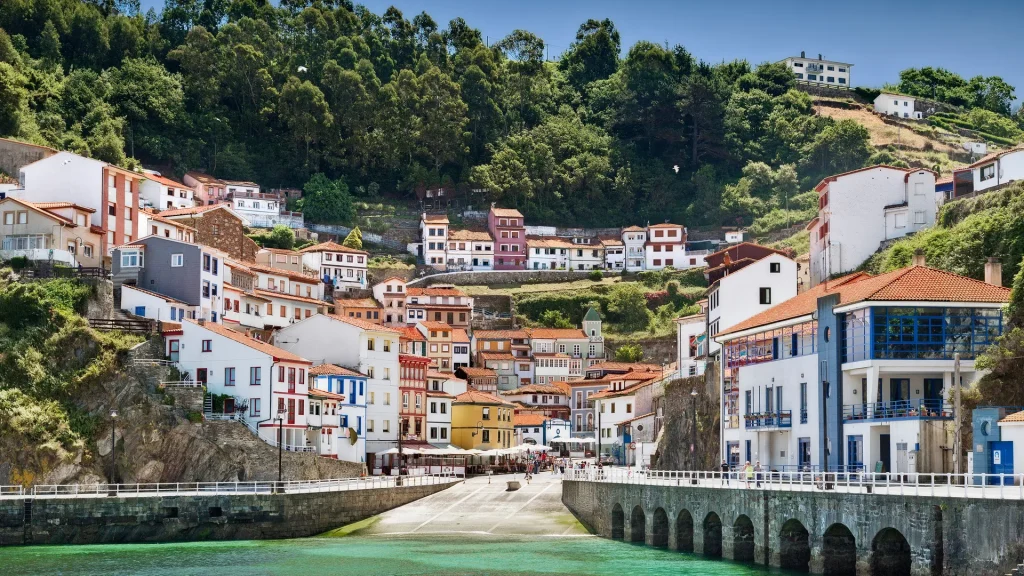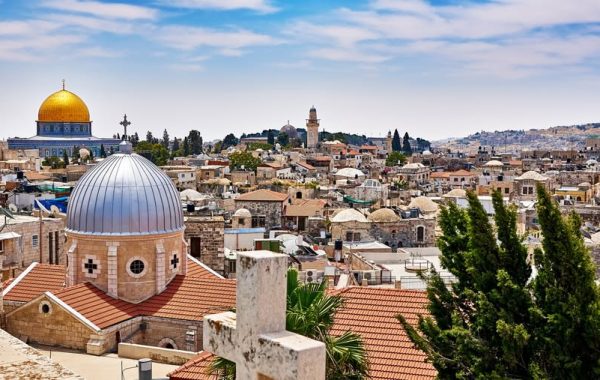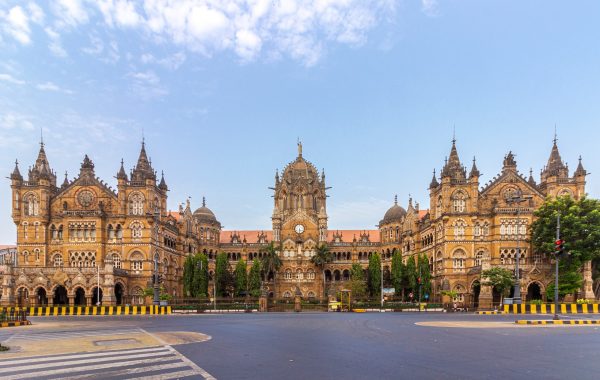Spain stands as the world’s second most visited country, recording an unprecedented 21.8 million international visitors this summer, according to official data. Over the first eight months of the year, Spain welcomed a record 64.8 million tourists, as reported by the National Statistics Institute (INE). The top destinations included Catalonia (the region that includes Barcelona) and the Canary and Balearic Islands. Tourism revenues saw a significant increase of 17.6% during this period, amounting to €86.7 billion (£72 billion), with an average daily expenditure of €187 per tourist.
Travel and Food Network spoke with Ms. Elena Orland, who has recently assumed the role of Director of the Tourism Office of Spain and Tourism Counselor at the Embassy of Spain in India. The discussion focused on the roadmap for sustainable tourism in Spain. Below are highlights from the exclusive interview.

1. How has Spain’s tourism industry evolved over the past 2 years, and what new strategies are you implementing to attract more visitors from India in the coming years?
Spain is one of the world’s most visited countries. Last year we welcomed more than 85 million visitors, generating more than 108 billion euros in international tourism expenditure. The Tourism Office of Spain has been actively increasing Spain’s presence in the Indian market through various promotional projects – be it participation in trade fairs, digital campaigns or engaging the end consumer via physical events. I feel the Indian traveler demands variety while travelling abroad. So, through our activities, we always try to give him a glimpse of all that Spain can offer – art and culture, history, gastronomy, nature, among others. Spain is one of the few countries that can provide such a wide array of experiences in one single trip – with warm and welcoming people at its heart.
In fact, the total tourism spends by Indian visitors in Spain in 2023 of approx. 575 million euros have greatly surpassed the pre-pandemic high of approx. 492 million euros. Another interesting fact is that the total spends per Indian tourist in Spain (approx. 2,340 euros) in 2023 were also much higher than the average per tourist spends of all countries. We expect to maintain these numbers in 2024, and we surely hope to continue on this path in 2025.
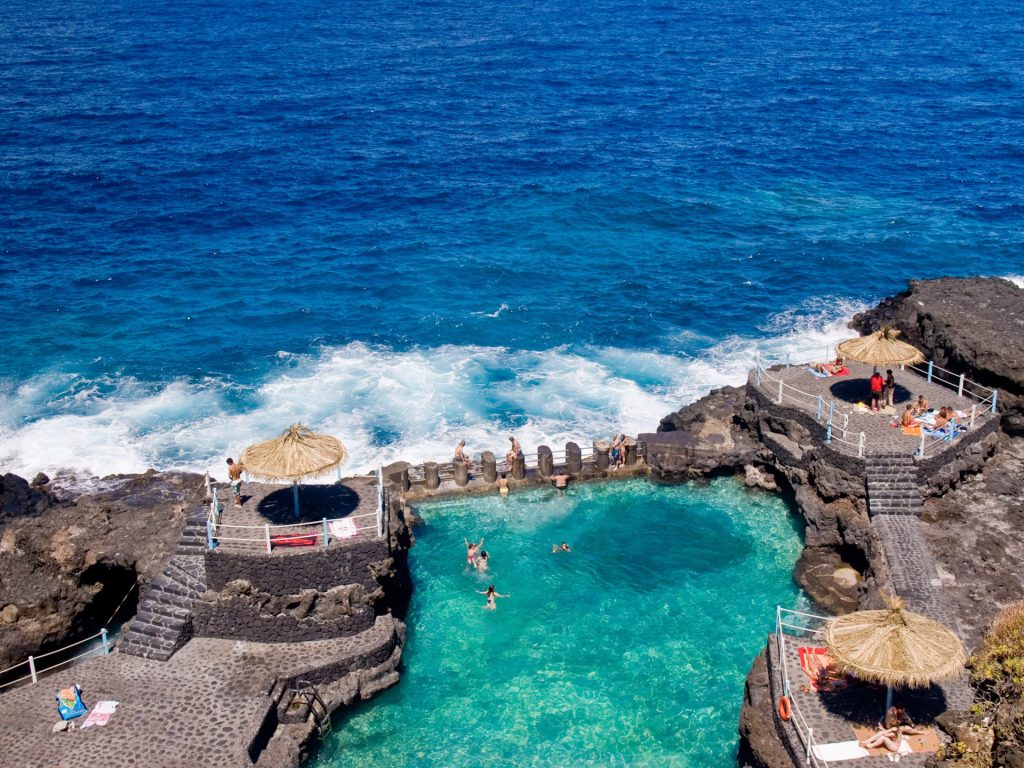
2. How has Spain’s tourism sector recovered from the impacts of the COVID-19 pandemic? Have the tourist arrivals hit pre-pandemic levels?
We did see a drop in arrival numbers during the phase of recovery from pandemic, but even during the difficult times, we could still feel the affection the Indian traveler has for Spain. We are happy to say that in the year 2023, we already surpassed our pre-pandemic era record numbers with almost 250,000 Indian arrivals.
3. Which are the top 5 countries for International Tourist arrivals to Spain?
Due to their geographical vicinity, Spain is indeed very popular in countries like Germany, UK, France, Italy and the Netherlands, which register significant outbound travel towards Spain. However, other destinations, especially like India, are indeed increasingly important for Spain due to their market size, economic progress and great growth potential in the near future.
4. With the increasing emphasis on sustainability, what measures is Spain taking to ensure that tourism growth does not harm the environment and local communities?
Sustainability means that economic, social and environmental issues need to be taken into account in a balanced way at the planning, decision-making and execution stages of any tourism activity. Sustainable tourism prevents undesired externalities and allows sustained growth.
The Government of Spain feels a strong responsibility to help the tourism industry to move towards a more sustainable tourism. It has allocated approximately two billion euros from the EU Next Generation funds for sustainability projects to improve energy efficiency and promote environmental, social, and economic sustainability. This will help to achieve the objective of making Spain a sustainable destination by 2050.
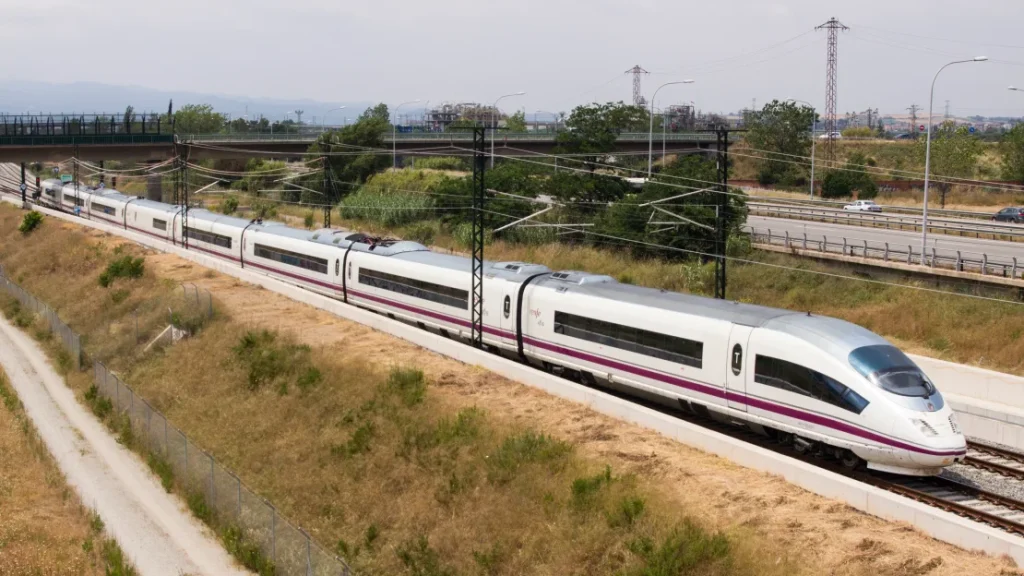
Apart from the conventionally popular tourism products associated with Spain, we are also promoting an array of sustainable tourism features unique to Spain. We have an extensive carbon-neutral high-speed train network in Europe. Half of our energy is generated from renewable sources. Within the hospitality industry, Paradores hotel chain is upgrading its systems to allow electric vehicle charging at all its locations. Moreover, Spain tops Europe in biosphere reserves and blue flags for clean beaches. Over 40% of our territory is legally protected to harmonize the economic development with social and environmental issues.
We have also found that many Indian travelers are indeed eager to be more responsible, but they lack the necessary information to make informed decisions. We aim to provide them guidance to become a more responsible traveler without compromising the quality of their visit to Spain.
For this purpose, we encourage everyone to visit the new microsite Turespaña has created for sustainable travel (https://sustainability.spain.info/en), where you will find a lot of interesting information for everyone wanting to protect the environment and promote the well-being of local communities.
5. Spain is famous for its culinary delights. What efforts are being made to promote Spain’s gastronomic tourism, and how important is this segment to the overall tourism strategy?
For the Indian traveler, gastronomy is certainly an important point when it comes to international travel. And Spain offers a variety of culinary delights to all the demographic segments – whether their preferences are veg, non-veg or even wine tourism. We have been celebrating the World Tapas Day (in June) and World Paella Day (in September) in the Indian market over last few years and it has garnered a tremendous response here.
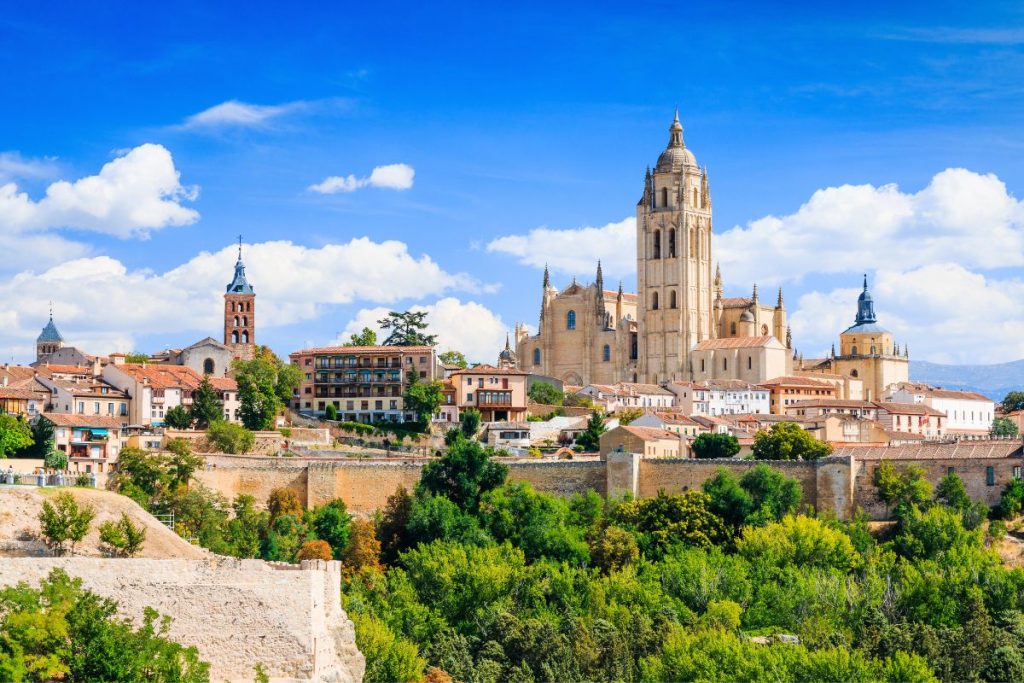
6. While cities like Barcelona and Madrid are well-known tourist spots, what lesser-known destinations in Spain would you recommend to travelers looking for unique experiences?
There are so many hidden gems in Spain when it comes to unique experiences. You can marvel at the awe-inspiring rock formations when you visit Montserrat – just an hour away from Barcelona. Then there are World Heritage Cities like Segovia, Cuenca and Toledo, again, just a day-trip away from Madrid. If you want to explore Andalucía, I would definitely recommend visiting the charming little white villages like Arcos de la Frontera or tasting the famous sherry wines in Jerez de la Frontera. On the other hand, if you are looking for some relaxing moments, a small fishing village like Cudillero in Asturias will give you that perfect disconnect from your daily hustle-bustle.
7. What specific experiences and attractions would you recommend for Indian tourists who are adventure enthusiasts?
Spain has so much to offer to the hidden adventurer in you! You can enjoy the thrilling sky diving activities in Andalucía, explore the underwater world in Canary Islands through scuba diving or navigate through the Pyrenees Mountains by white-water rafting – just to name a few exciting activities. And if hiking is something that’s closer to your heart, then Northern Spain – also known as Green Spain would be a fantastic region to explore, which features beautiful places such as Picos de Europa national park.
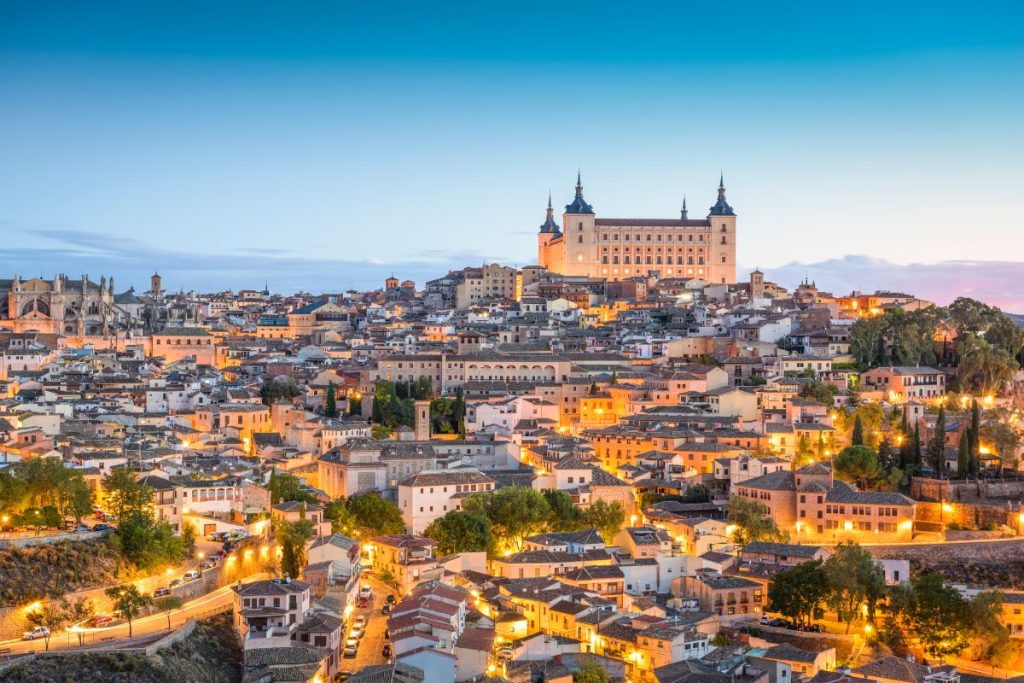
8. How significant is the tourism industry to Spain’s economy, and what role does it play in job creation and economic development in different regions of the country?
Tourism is certainly one the important economic sectors for Spain, contributing significantly to its GDP. For example, in 2022, its contribution to GDP was 11.6% along with 9.3% of the total employment in Spain. During the last few years of the post-pandemic era, tourism in Spain has indeed been very resilient, showcasing excellent growth numbers and prospects. Currently tourism accounts for approximately 13 percent of our GDP and employing a similar share of our workforce. However, we must emphasize that Spain is aiming to improve the quality of tourism. We do not look at tourism just as an economic motor, but also as something that contributes to the social well-being of locals as well as travelers.
About Ms. Elena Orland, Director of the Tourism Office of Spain and Tourism Counselor at the Embassy of Spain in India
Ms. Elena Orland has recently taken charge as the new Director of the Tourism Office of Spain and Tourism Counselor at the Embassy of Spain in India. She holds degrees in Law and Information Sciences from the Complutense University of Madrid. She has been a senior Government official of the Spanish Civil Service since 1998, specializing in Public Administration and Management. Throughout her distinguished career, Elena has focused on sustainability in economic activities and environmental management, working extensively within the Spanish Ministry for Ecological Transition and the Demographic Challenges. She has also served as an advisor to the High Commissioner of the Parliament of Spain on these critical issues. Besides, specialized training in tourism marketing and management positions her as a highly qualified leader at the Tourism Office of Spain.
For latest travel news and updates, food and drink journeys, restaurant features, and more, like us on Facebook or follow us on Instagram. Read more on Travel and Food Network
Related Content
How to Plan the Perfect Road Trip through Andalucia, Spain
48 hours in Malaga, Spain | Travel and Food Guide
A New Yorker at heart, an unapologetic anglophile, national parks explorer and former head of National Geographic publishing in India, Ritika is the Global Editor for Travel and Food Network and leads all journalism across platforms, including news, digital, videos, and social media. She writes features focused on narrative storytelling, industry trends, destinations, culinary travel, and how-to advice and is an advocate for sustainable travel. You can follow her on Instagram @newyorkeratheart


